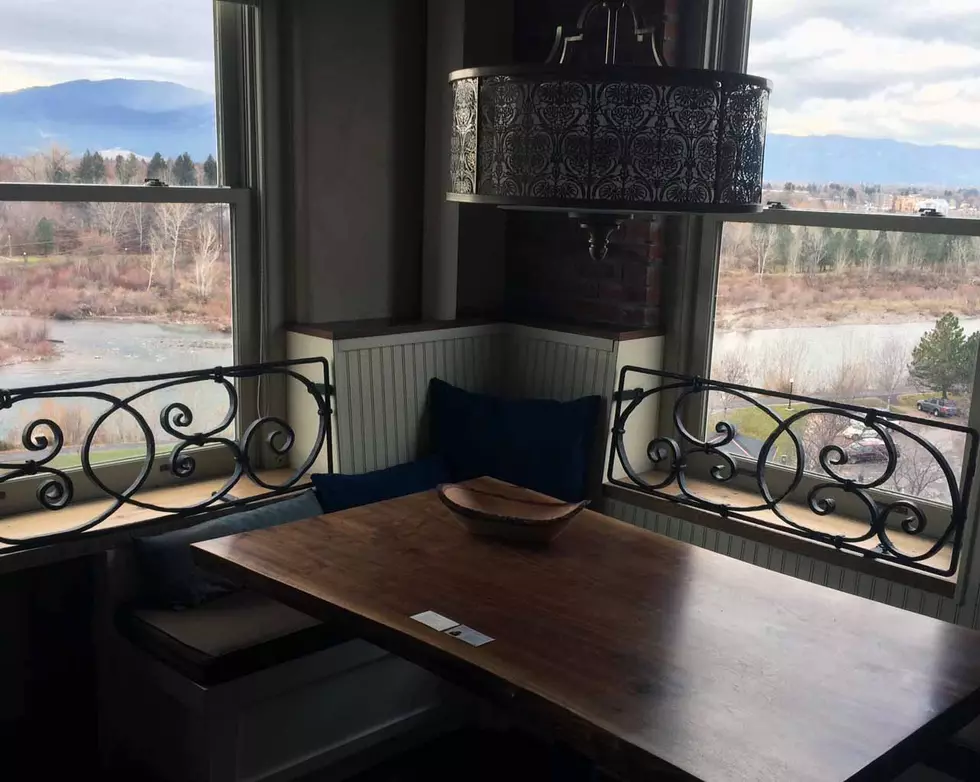
Data suggest short-term rentals in Missoula represent fragment of housing stock
Martin Kidston/Missoula Current
Speculation over the impacts short-term rentals have on Missoula's housing stock were partially answered this week, though other questions linger, including the consequences of further regulating the industry.
The report, compiled by Granicus software, found 585 short-term rental listings in 445 unique units as of April. While short-term rentals are offered across the city, the majority of them were located in the Riverfront, Heart of Missoula and University District neighborhoods.
“There are currently 110 short-term rentals registered with the city,” said Rikki Henderson, the city's housing program manager. “There's a significantly larger number listed, but it doesn't necessary mean all those that are listed aren't in compliance with our ordinance if they're owner-occupied most of the year.”
After great deliberation, the City Council in 2016 adopted its current ordinance on short-term rentals. It was a careful walk between regulating the industry while not infringing on the rights of residents who may opt to use their residence as a short-term rental.
In recent years, some have speculated that short-term rentals were eating up Missoula's housing stock. But according to the data, that's not the case.
“Currently, based on these numbers, 1% of the total housing market in Missoula is at some level a short-term rental,” said Henderson. “But it's extremely dynamic. Throughout the year, we've seen numbers as low as 300 and I think 498 is the highest we've seen.”
According to Granicus, changing local conditions, economic shifts and housing prices can all encourage or discourage homeowners to consider a short-term rental as a means to supplement their income.
“We know people chose to list units for a lot of reasons,” said Emily Harris-Shears, the city's housing policy specialist. “Most often, they're motivated by closing some kind of financial need for their household.”
Missoula's diverse demographics also suggest that some renters who work summer jobs that take them away for weeks or months may sublease their rental on a short-term basis. Doing so may help them pay for it while they're gone and ensure it's still available when they return.
“We know there's a lot of complicated living situations and some tend to sublet their rentals when they're not living in them,” said Henderson. “If we push for greater compliance, we're potentially outing those situations to landlords and notifying them that their tenants are in violation of their lease.”
While the pandemic slowed the tourism industry, that data suggests that Missoula still saw a 25% increase in the number of short-term rental listings since 2020. Those behind the study believe the gains could represent a new stable marketplace or a slow return to pre-pandemic conditions.
Based upon the data, the city's housing officials are recommending an update to the city's tourist-home registration form and more actively monitoring the short-term rental market. They may also increase registration fees to meet industry standards and to support that additional monitoring.
“The landscape in the market for short-term rentals in Missoula – but also nationwide – is very dynamic and constantly changing,” said Montana James, deputy director of Community Development. “There's a need to collect more nuanced local information, but the current data do not support the conclusion that short-term rentals are taking up a significant proportion of our housing stock here in Missoula at this time.”
One Missoula property owner who offers short-term rentals told members of the City Council that the review was a good thing. But she also urged housing officials to “find out more about the people who are doing these rentals.”
The woman, who identified herself as Trish, said most of those who offer short-term rentals are doing so to make ends meet, to cover a mortgage or to help fund property upkeep and improvements.
“Right now, we have a building downtown, and the short-term rentals have allowed us to keep tenants with low-income rent rates,” she said. “Their next step is being homeless if we raised the rent. If this was taken away from us, we wouldn't have that option. We are keeping our tenants in the best interest, and this gives us an opportunity to make some improvements.”
